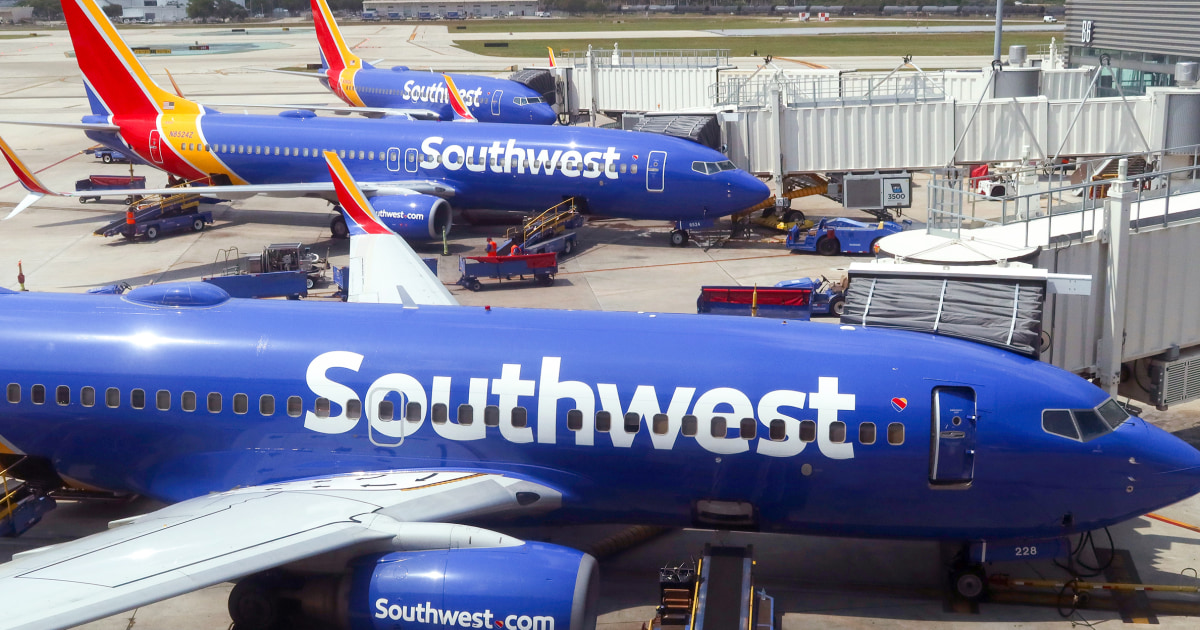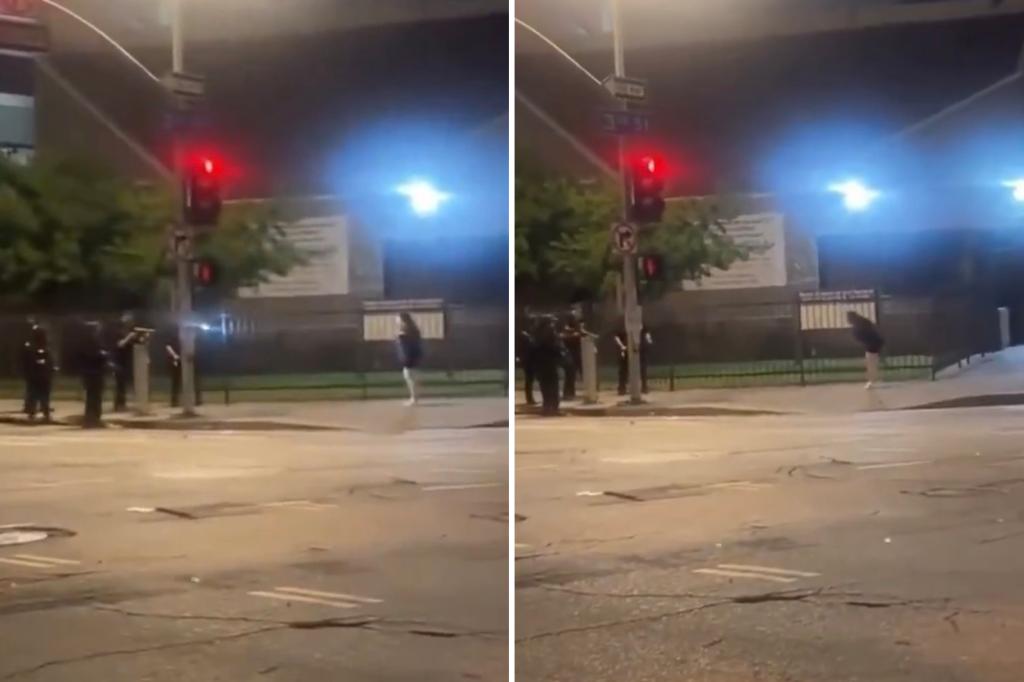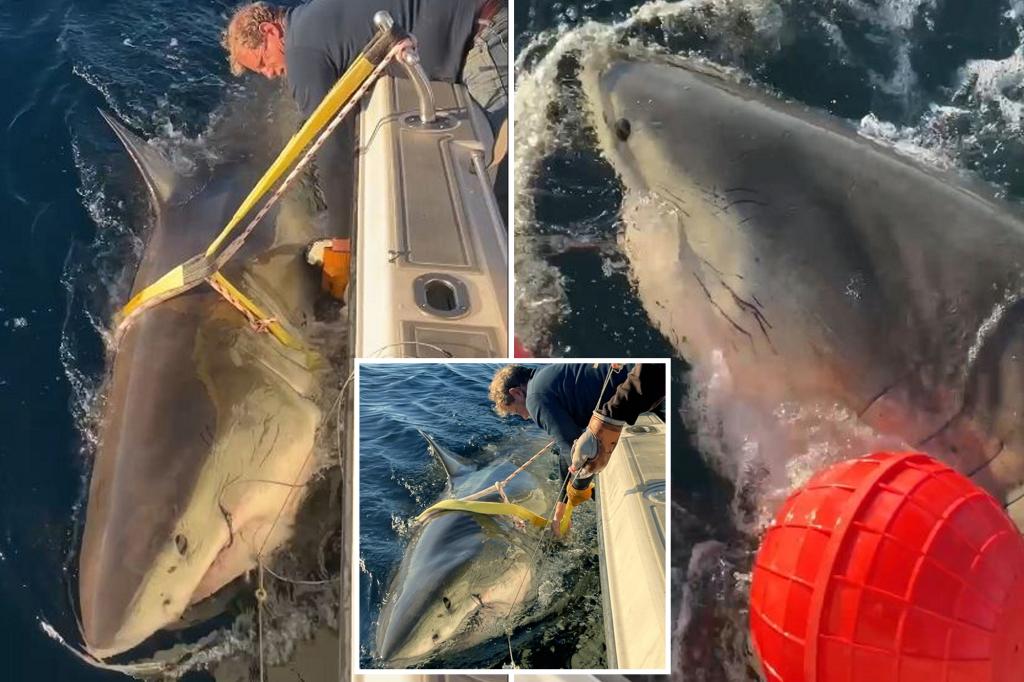Southwest Airlines Pilot Arrested for DUI: A Shocking Incident at Georgia Airport
A Southwest Airlines pilot was arrested for DUI at a Georgia airport, an alarming event that has raised serious concerns about safety protocols within the aviation industry. The incident occurred shortly before the pilot was scheduled to operate a flight, prompting immediate scrutiny from both the airline and regulatory bodies. This unsettling situation not only poses questions about the accountability of airline staff but also highlights the broader implications for passenger safety and public trust in commercial aviation.
The Incident: What Happened?
On a seemingly routine day, the pilot, whose identity has not been disclosed pending investigation, was apprehended by local law enforcement at Atlanta’s Hartsfield-Jackson International Airport. Reports indicate that the pilot displayed signs of impairment during a routine pre-flight check. Airport security personnel, following standard protocols, alerted authorities, leading to the pilot’s subsequent arrest.
Witnesses at the scene described the situation as shocking, especially given the critical role pilots play in ensuring the safety of passengers and crew. Air travel, which is often considered one of the safest modes of transportation, relies heavily on the professionalism and sobriety of its pilots. An incident like this undermines the public’s perception of airline safety and raises urgent questions about the measures in place to prevent such occurrences.
The Implications for Safety Protocols
This incident has ignited a debate about the effectiveness of existing safety protocols within the aviation industry. The Federal Aviation Administration (FAA) has stringent regulations regarding pilot conduct and substance use. Pilots are subjected to random drug and alcohol testing, and there are strict guidelines in place surrounding their work hours and rest periods.
- Testing Regulations: Pilots must undergo drug and alcohol testing before and after flights. The legal limit for blood alcohol content (BAC) is 0.04%, which is half the legal limit for driving in many states.
- Alcohol Consumption Rules: The FAA prohibits pilots from consuming alcohol within eight hours of a flight, often referred to as the “bottle to throttle” rule.
However, incidents like this one raise concerns about the enforcement of these regulations. While the FAA conducts regular inspections and audits, the aviation community may need to consider whether current testing protocols are sufficient to deter irresponsible behavior among pilots.
Public Response and Trust Issues
The public reaction to the Southwest Airlines pilot’s arrest has been one of shock and concern. Social media platforms quickly buzzed with discussions about the incident, with many passengers expressing their apprehensions about flying with airlines where such events occur. Trust is a critical component of the airline industry, and any breach can have lasting effects on a company’s reputation.
Travelers expect that airlines will ensure the highest standards of safety, particularly when it comes to those responsible for operating their flights. Instances of DUI arrests can erode this trust, leading to potential declines in customer loyalty and ticket sales. In an industry that has already faced significant challenges due to the COVID-19 pandemic, maintaining public confidence is more crucial than ever.
Southwest Airlines’ Response
In the wake of the incident, Southwest Airlines released a statement expressing their commitment to safety and accountability. The airline emphasized that they take such matters very seriously and have initiated an internal investigation to understand the circumstances surrounding the arrest.
Additionally, Southwest Airlines stated that they would continue to support rigorous training and compliance programs aimed at preventing substance abuse among their pilots and staff. The airline’s proactive stance is essential in reassuring the public that they prioritize safety above all else.
Legal and Professional Consequences
The legal ramifications for the pilot involved in this DUI incident could be severe. If convicted, the pilot may face significant penalties, including fines, mandatory alcohol education programs, and potential jail time. Beyond legal consequences, the pilot’s professional career may also suffer irreparable damage. Losing a pilot’s license is a likely outcome, effectively ending their career in commercial aviation.
Furthermore, this incident could lead to a review of the pilot’s history and conduct within the industry. Airlines often conduct thorough background checks and maintain strict standards for hiring and retaining pilots. A DUI conviction could lead to the loss of a pilot’s job, not only at Southwest Airlines but potentially across the industry.
Broader Industry Implications
This incident serves as a wake-up call for the aviation industry as a whole. It highlights the need for continual assessment and improvement of safety protocols regarding pilot conduct. Airlines must ensure that they are not only following regulations but are also creating a culture of accountability and responsibility among their employees.
Additionally, it raises awareness about the importance of mental health and support systems for pilots. The high-stress nature of the job can lead to issues such as substance abuse, and airlines should prioritize mental health resources to help pilots cope with the pressures of their profession.
Conclusion: A Call for Continued Vigilance
The arrest of a Southwest Airlines pilot for DUI at a Georgia airport is a sobering reminder of the importance of safety and accountability in aviation. While the situation is undoubtedly serious, it also provides an opportunity for the industry to reflect on current practices and strengthen protocols to ensure that such incidents are exceedingly rare.
As passengers, we must advocate for transparency and safety within the aviation industry. Companies like Southwest Airlines must continue their commitment to safety and make necessary adjustments to their policies to prevent any future occurrences of this nature. Ultimately, the safety of passengers and crew should always be the top priority, and this incident serves as a crucial reminder of the need for diligence in maintaining those standards.
See more CNET 247



